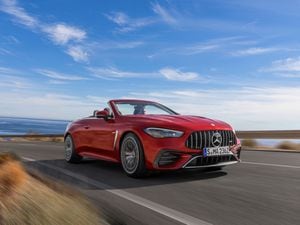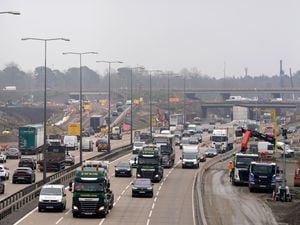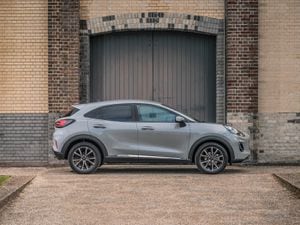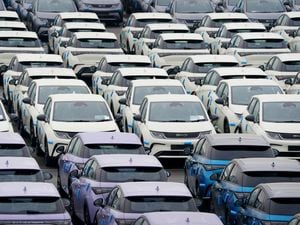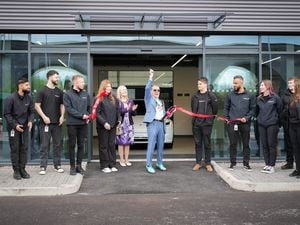Volvo developing in-car cameras to monitor motorists
Biometric systems could predict health issues before they affect driving
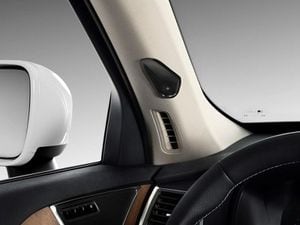
Volvo could soon offer a set of driver-facing cameras to monitor driver behaviour and even predict health issues before they happen.
The system’s been in development since 2017 as part of Volvo’s research into autonomous cars, part of plans to have a fully self-driving vehicle on the roads by 2021. Though many drivers may worry about the threat of constant surveillance, Volvo says the cameras will remain an optional extra.

The cameras will be capable of facial recognition, identifying who’s driving the car and setting items such as the seating position, climate control and infotainment to their individual requirements.
Volvo’s chief digital officer, Atif Rafiq, told CAR magazine: “[the cameras] are very advanced these days: they can determine a driver’s glucose levels by looking at their pupils, so could call a loved one or hospital if it detected a health problem. Cars will understand your state and destress you on your way back from work. Cameras can be used for video conferencing and ID purposes, too.”
Footage from the cameras would be anonymous and private and wouldn’t be shared for any reason.
Privacy issues aside, the cameras would help aid safety by alerting drivers of health issues or that their attention is wavering. The Swedish brand is famously fastidious about safety, pledging that by 2020 nobody would be killed while driving a new Volvo. It’s one of the leaders in autonomous tech, too, with the Level 2 Pilot Assist available on most of its vehicles.
Volvo’s biometric cameras aren’t yet an option on any of its cars, and the Swedish firm has stated they won’t arrive in 2019.

